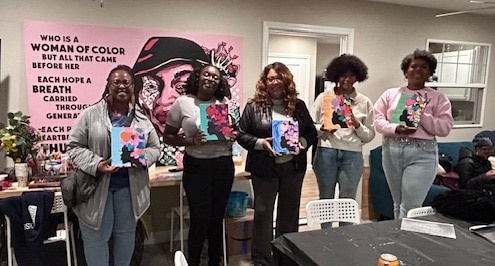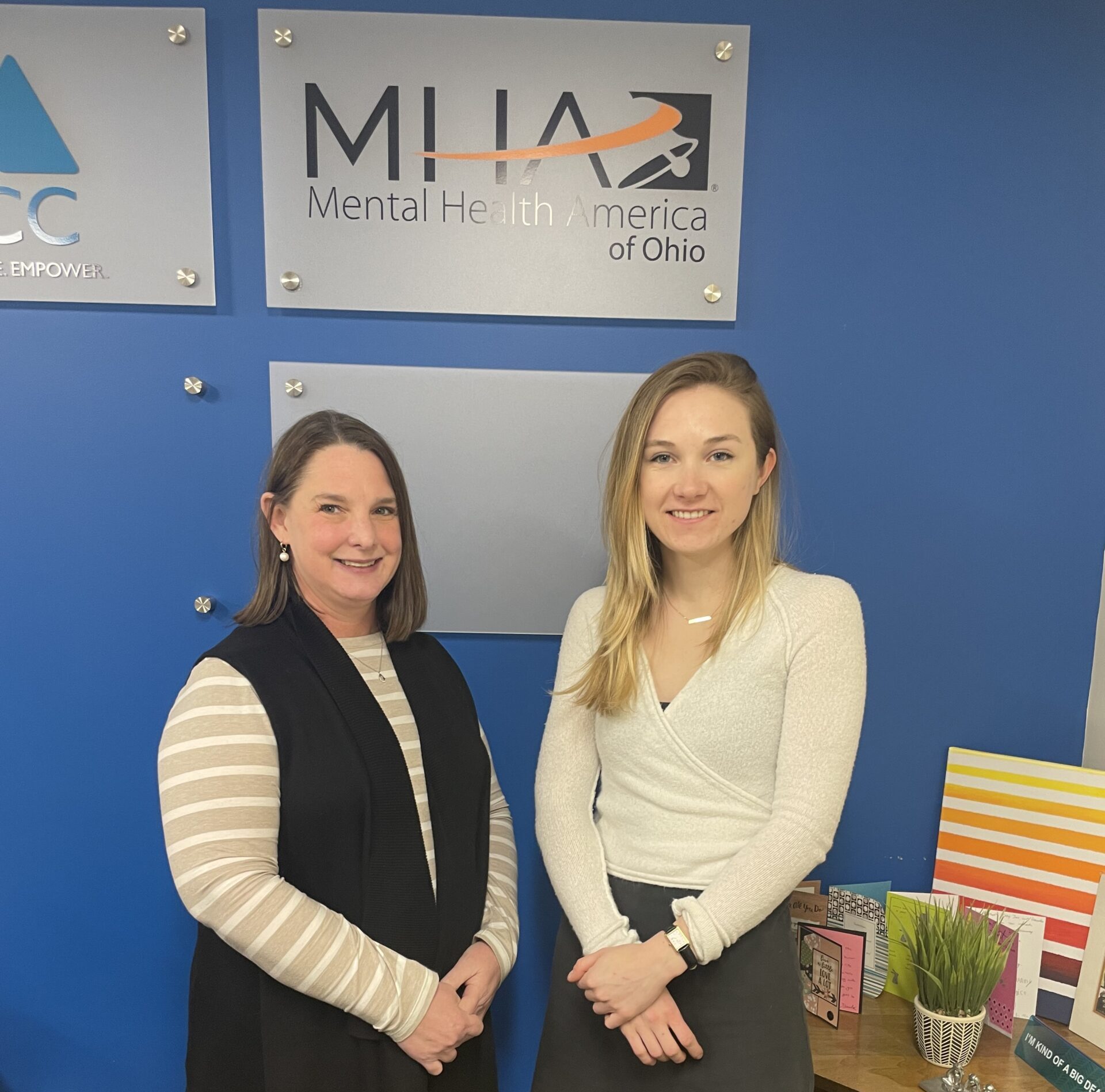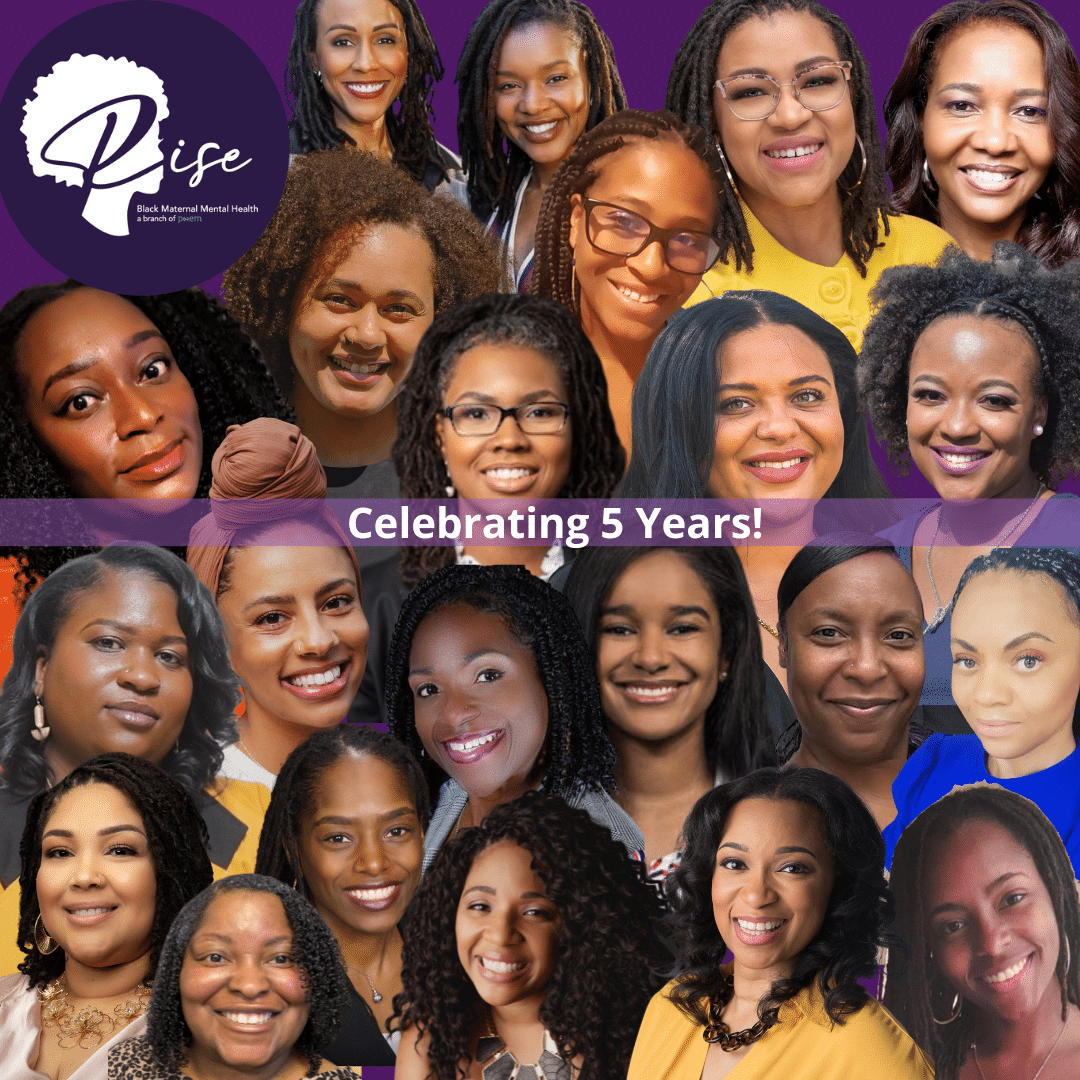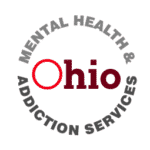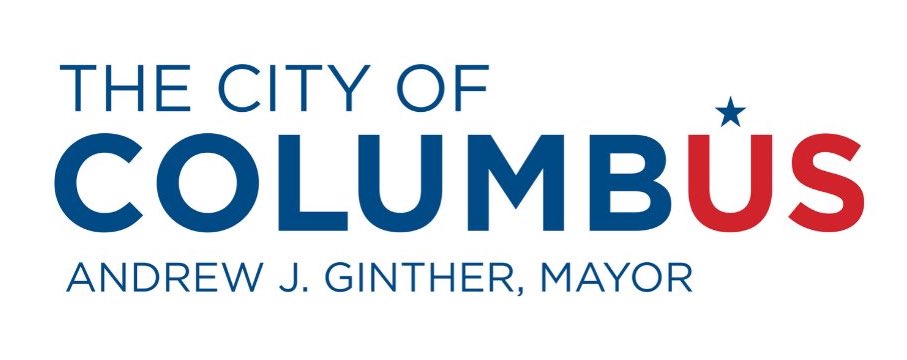I had woken up to the sound of my youngest’s eardrum-shattering howl of discontent every single day for the last week. My new life: feed, entertain, feel like a failure and chastise myself for every way I was falling short as a parent, repeat. My last shower was so long ago, I could barely remember when it happened. I bent over to pick up something from my floor, and I saw what I quickly realized was dried milk on my pants. Days old, no doubt. Family support wasn’t available – not even an option. My husband and I were marooned with these little lives – exhausted, at times desperate, emotionally depleted, and numb all at once. I clambered through a fog of sensory overload and buzzing anxiety. There was no end in sight.
I’m a survivor of postpartum anxiety and depression, twice over. You may think my memory above is one of postpartum – two periods of my life that I spent almost entirely in survival mode. But this was COVID-19 quarantine life. My children – ages 4 and 7 at the time– were at home, sometimes for months at a time. Their boredom was more than palpable, if there’s such a thing. Engaging my 7-year-old with home school was a joke. The chaos was unrelenting.
My story isn’t unique here, and that’s the point. It’s almost every parent’s story sometime in the last two years. And for other survivors of perinatal mood disorders, this time felt woefully familiar. Was this life all over again? Were we going to have to live through this, just how we lived through that? With even less care and support?
When COVID-19 stay-at-home orders began in spring of 2020, I served pregnant and postpartum people as a peer recovery supporter for POEM. I began to hear stories like mine over and over again, increasing day by day, for what felt like forever.
I thought I was doing well, but now I feel like I’m back at square one.
I had almost forgotten about postpartum. Now I’m sure I’ll never have another baby.
My intrusive thoughts are back. This time, it’s germs. I never feel safe anywhere, and I never feel like my children are safe, even at home.
I locked myself in my room just to scream. I screamed until I lost my voice. I didn’t want to scream at my son. He’d been crying all morning, and I can’t run away anywhere. I don’t have anything else to give.
Data from nearly every reliable health information source is clear – maternal mental health complications took a leap skyward since March 2020. Fertility, pregnancy, delivery, and postpartum can all be challenging enough on their own, but the challenges of the pandemic complicated existing mental health barriers like lack of social and community support and access to care. We can’t be surprised that having a baby in isolation can be a disappointing, devastating, even traumatizing experience. Further, those of us who had already climbed out of the dark places in which we found ourselves during pregnancy or postpartum – those of us in recovery – couldn’t help but feel a sense of awful déjà vu.
Sarah Moreland Russell, a researcher at Washington University St. Louis, led a survey-based study focused on the effects of the pandemic on parents’ family life experiences. Unsurprisingly, Moreland Russell and her team’s findings titled “At Home and on the Brink: U.S. Parents’ Mental Health during COVID-19” confirmed that parents – especially parents of young children – experienced a significant impact on their mental health due to pandemic strains. It follows that those with an existing mental health history are at much higher risk for these significant impacts.
We know one thing all too well: the system consistently fails parents. And it has always done so, only magnified, this time, by a global catastrophe. As we look to the future of maternal and parental mental health, we hope that policymakers are listening to the voices in this conversation – the parents, the peers, the care providers, and the researchers.
POEM is, and will remain, a steadfast and caring support to many of these voices. Access to telehealth has helped to remove some barriers to care, and, as a result, the POEM program has been able to connect thousands of participants to the care they need during a time when support feels incredibly difficult to access. At POEM, we are moms and birthing persons ourselves – we know the fight. This is our lived experience, and we take our knowing hearts and voices into every moment of what we do.
Becca Alexander is the Senior Manager of Statewide POEM Operations. To learn more about POEM, visit our website. You can also follow POEM on Facebook, Twitter, and Instagram for regular program updates.



